目录
uiview
1.uiview的基础概念
1.uiview也就是oc中的视图,他是显示在屏幕上的所有对象的父类
2.uiview是一个矩形,有背景颜色可以显示,有层级关系
3.将新建的视图加入到父视图中实现了两项功能:(1)将新建的视图显示到屏幕上(2)将新建的视图作为父视图的子视图来管理
4.可以使用removefromsuperview来将视图从当前父视图中删除
下面用代码来演示一下uiview的基本功能和用法
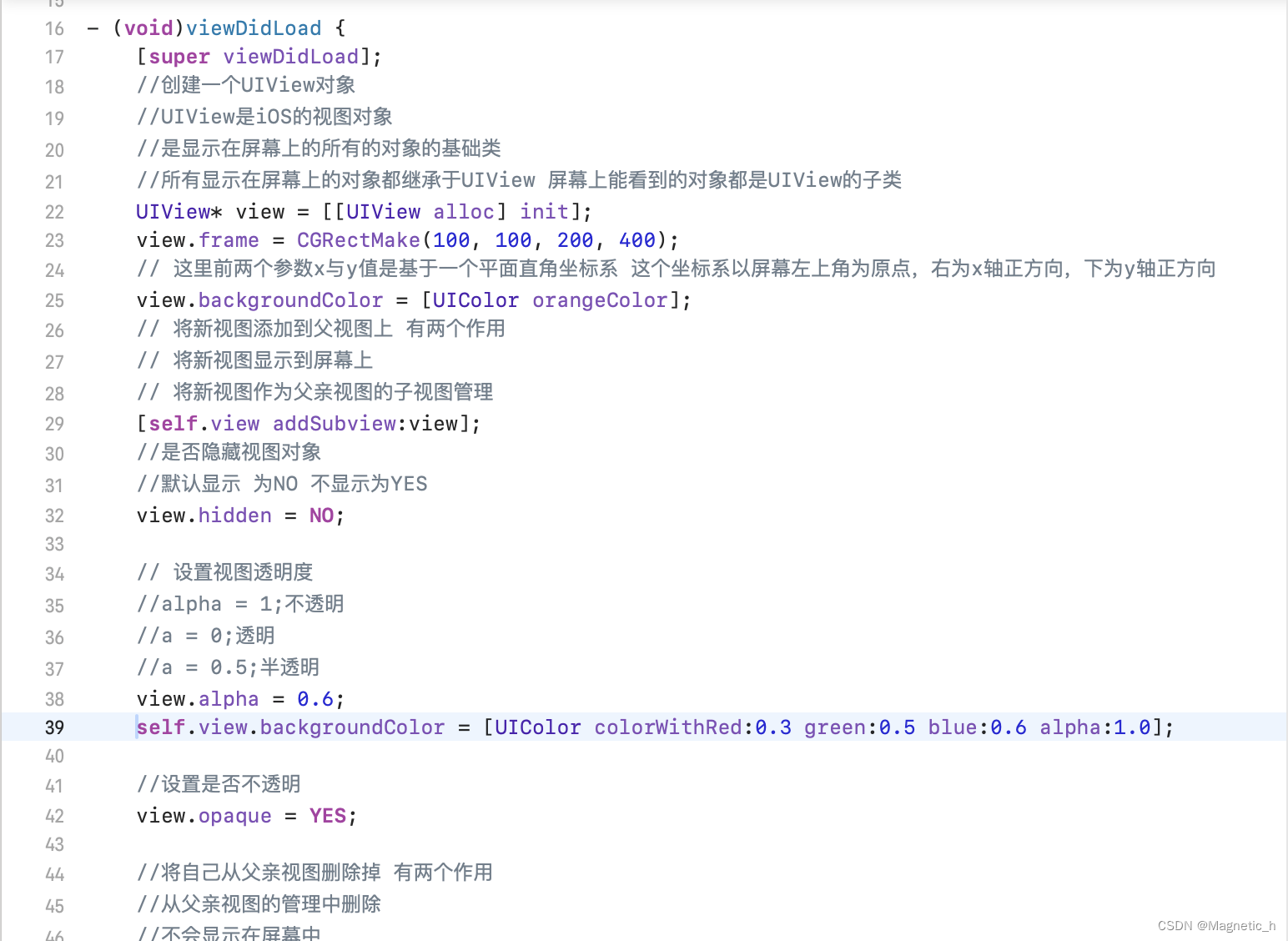
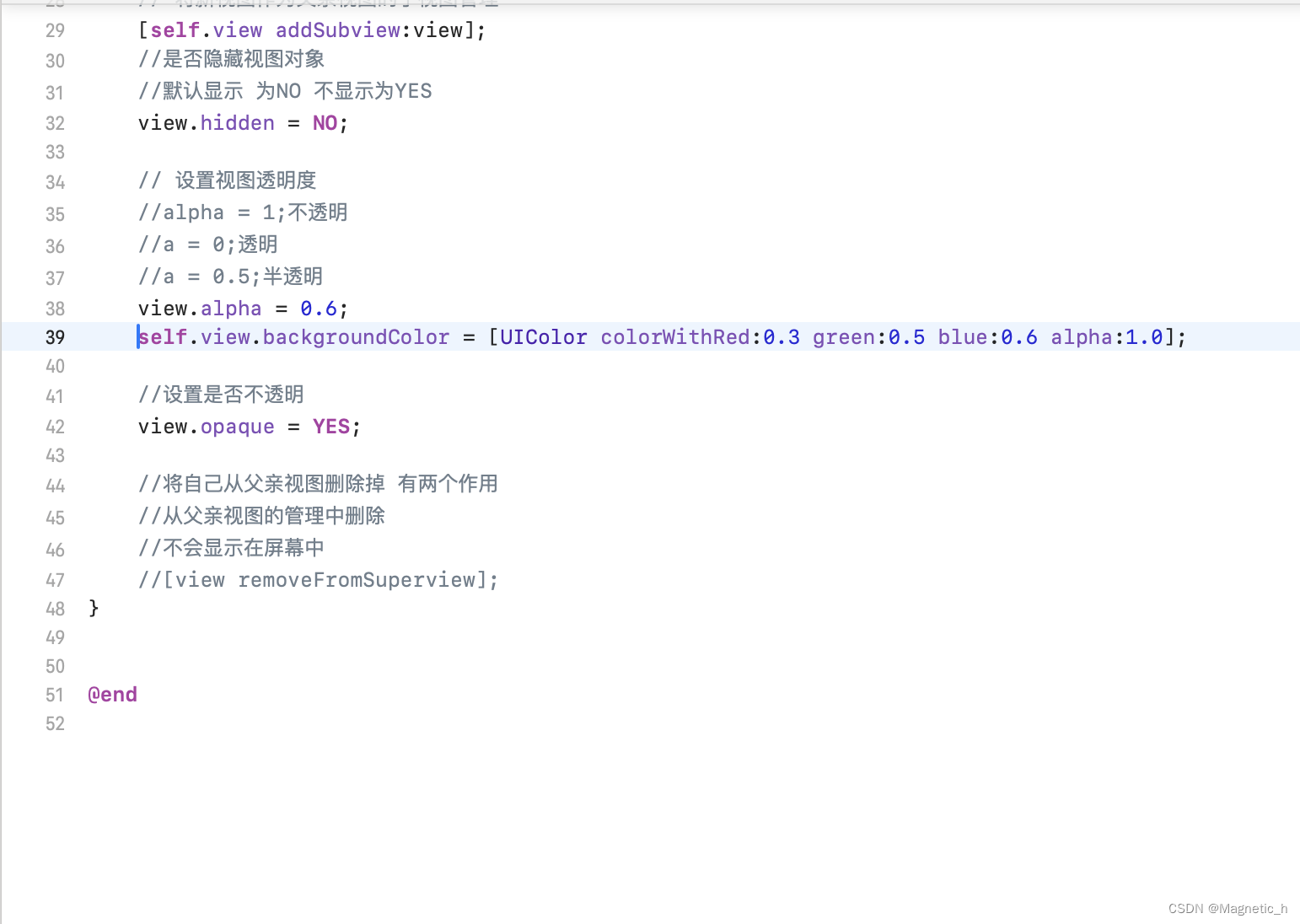
下面是效果图:
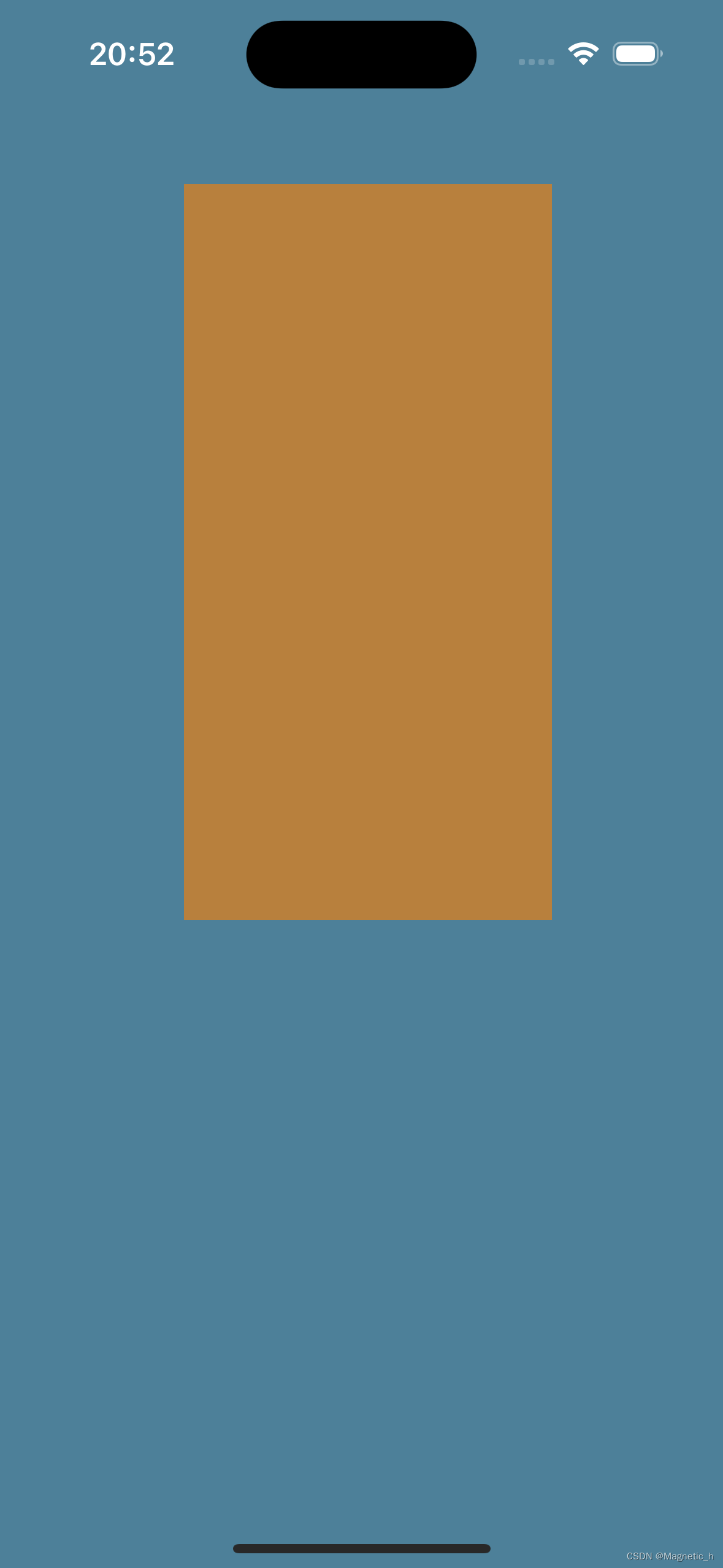
2.uiview的层级关系
1.uiview的层级关系表示的是几个视图之间的覆盖关系,一般来说,先添加的视图就会被后添加的视图盖住
2.如果想不改变添加顺序而该变视图的覆盖顺序,可以使用bringsubviewtofront、sendsubviewtoback等方法来调整
3.subviews是管理所有的self.view的子视图的数组,当将某视图添加到父视图上时,就将该视图作为元素添加进了这个数组;当想要将某个视图从这个数组中清除掉,只需要调用removefromsuperview即可
用代码来演示一下效果:
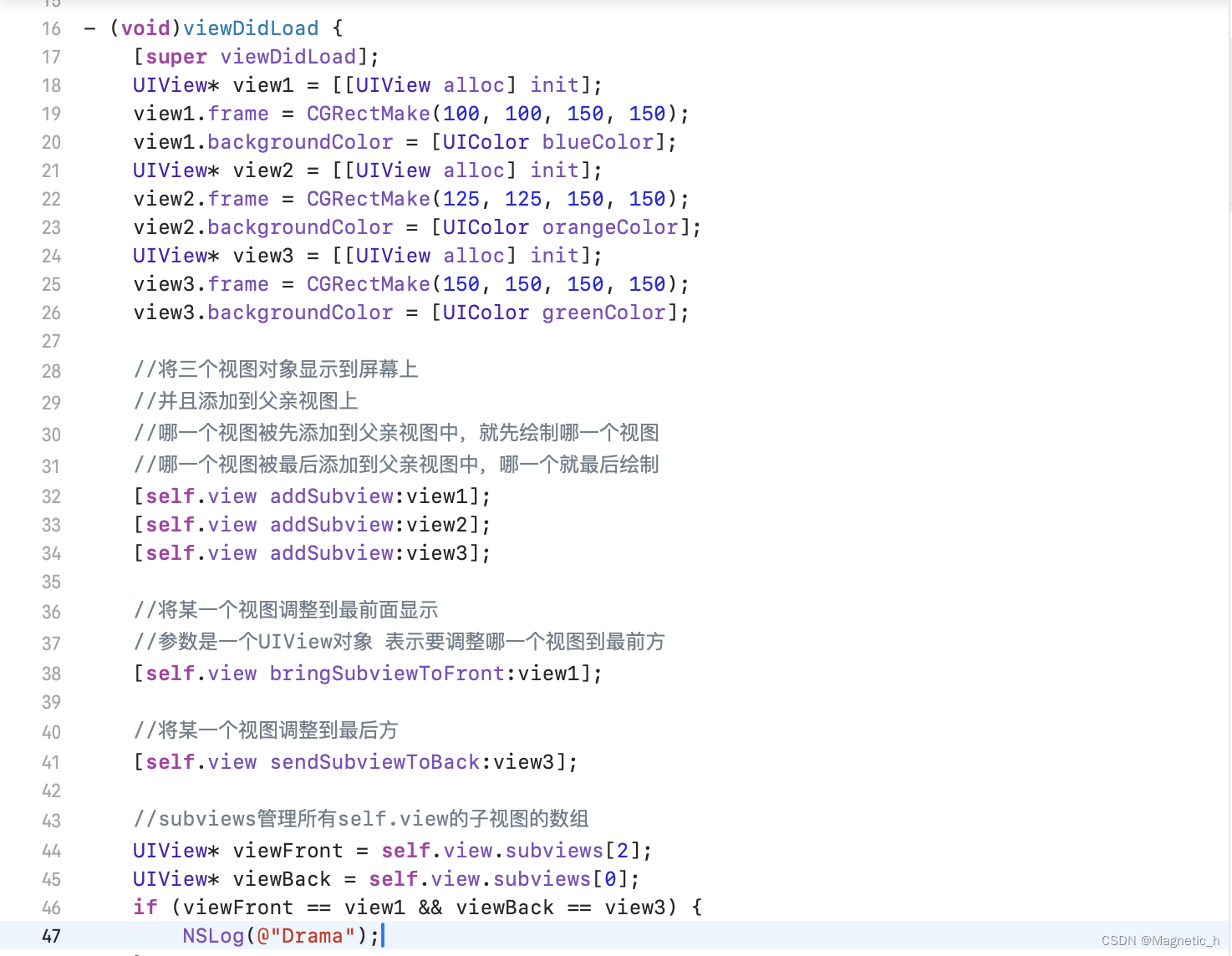
运行结果:
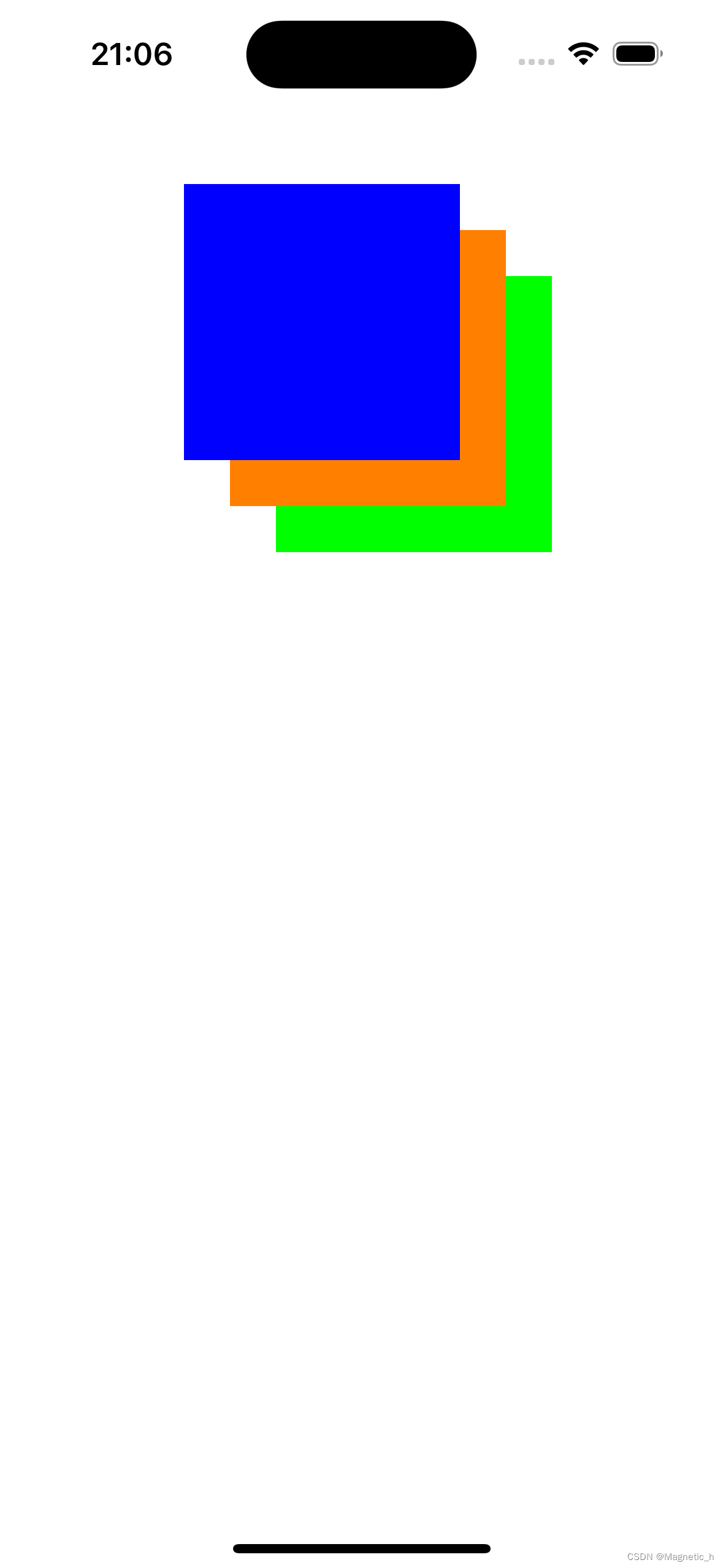

uiwindow
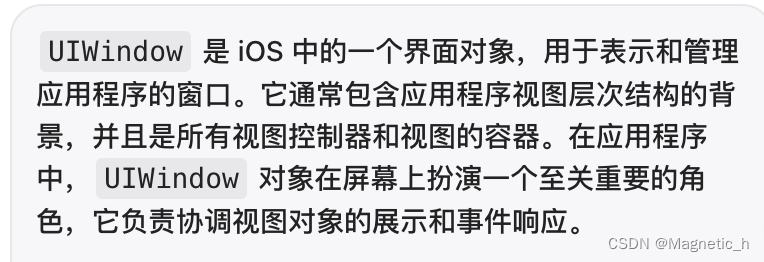
举一些uiwindow在实际生活中应用的情景来辅助理解:
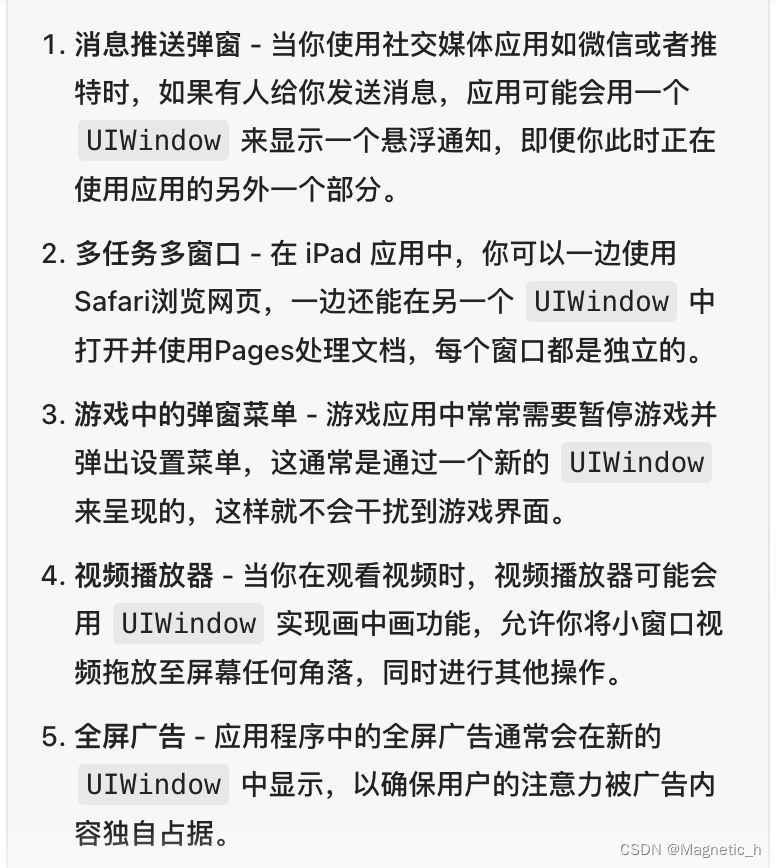
1.老版本uiwindow的代码写在“appdelegate.m”中,但是现在写到scenedelegate.m中,并且不需要手动创建uiwindow对象。
2. 当移动父视图的时候,子视图也会随之移动,因为子视图是参照父视图的坐标系的
3.每一个view都有一个window属性
4.uiwindow通过视图控制器uiviewcontroller与uiview产生联系
接下来用代码来演示一下:
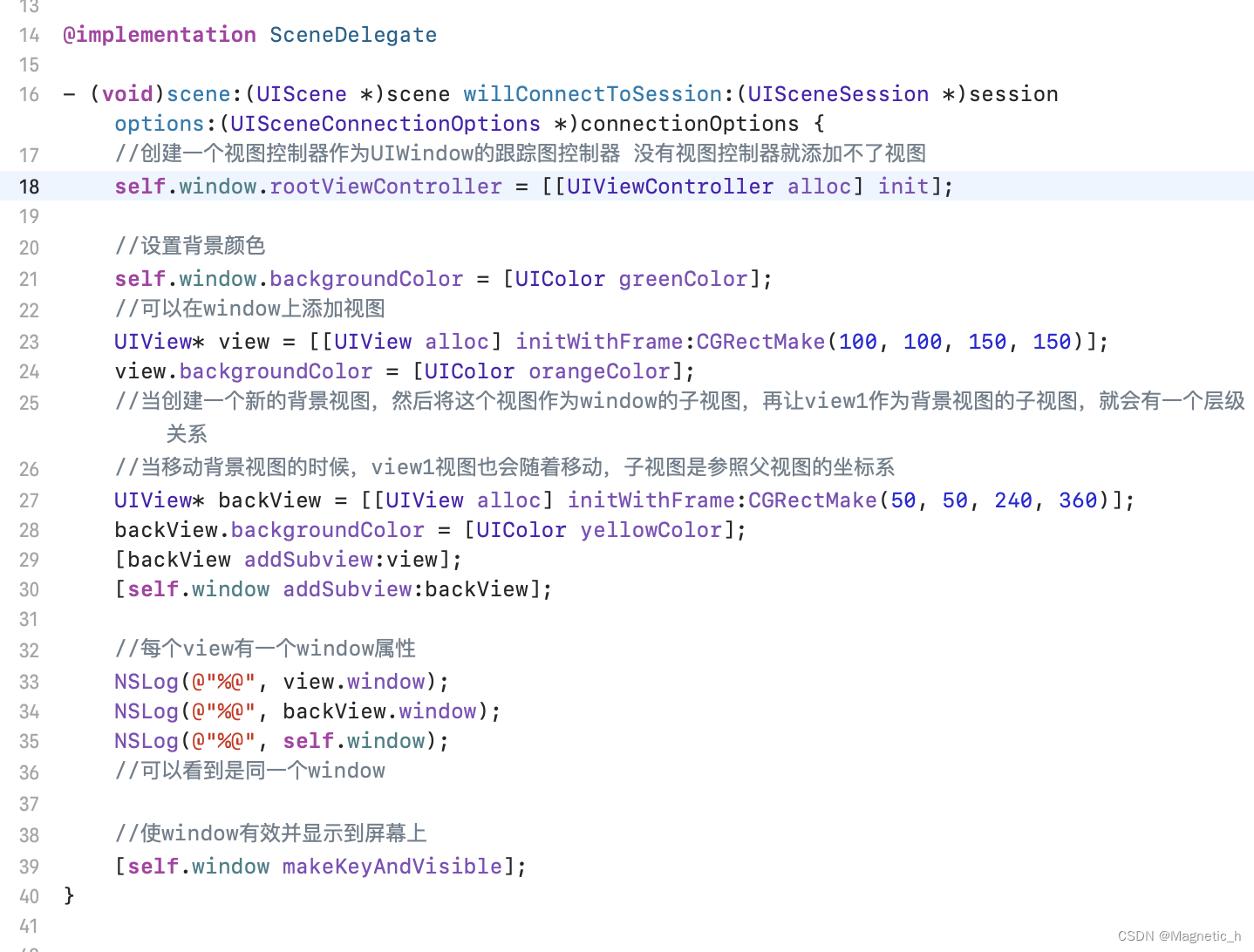
运行结果:
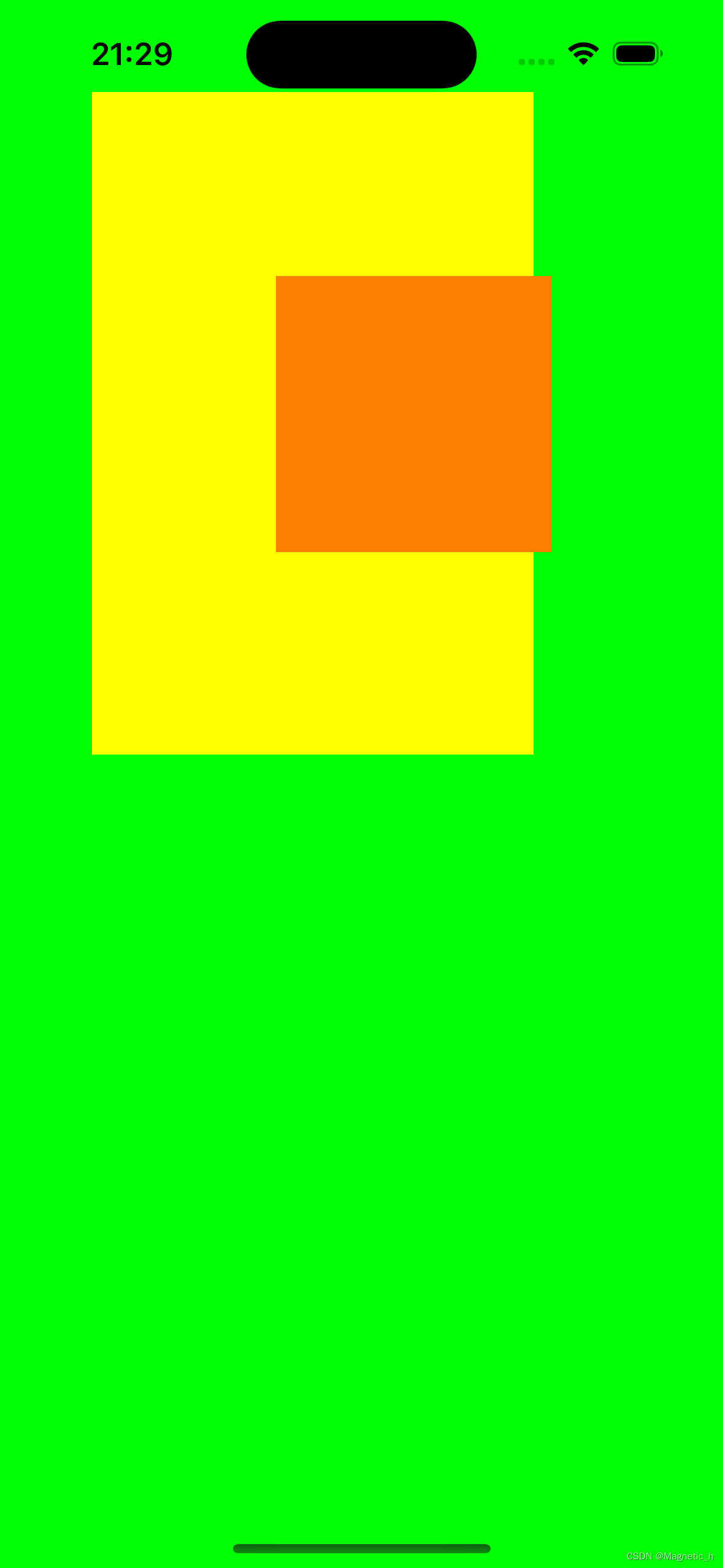
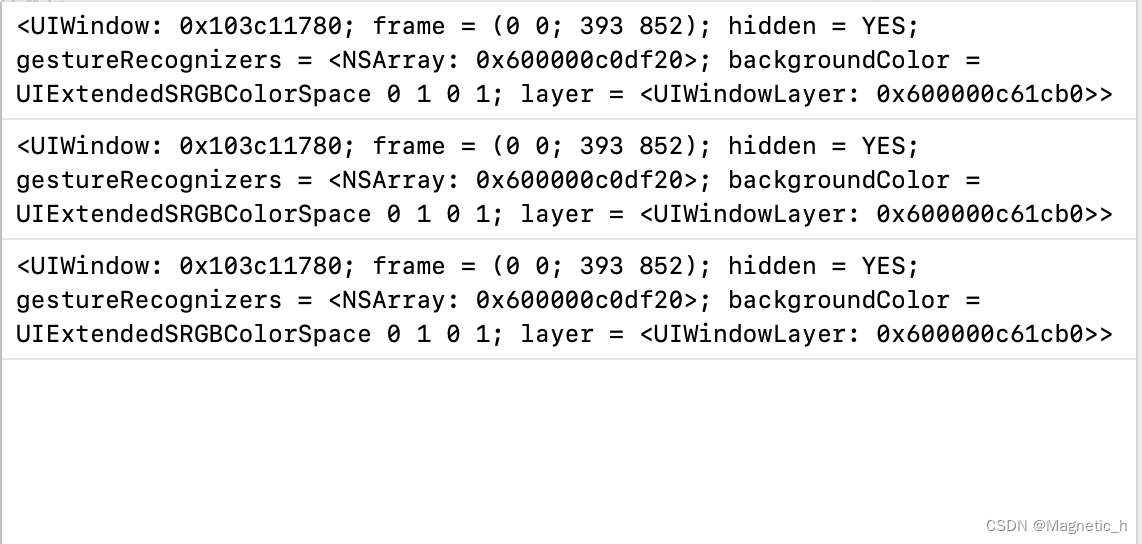
在学习老版本的uiwwindow的知识时,还涉及到了一个函数,与这个函数有关的知识如下图:

uiviewcontroller
1.uiviewcontroller基础
uiviewcontroller是一个视图控制器,创建完视图控制器对象后,要对它进行赋值操作。在整个uikit中只有一个根视图控制器,属于window的属性。视图控制器用来管理界面和处理界面的逻辑类对象,程序启动前必须对根视图控制器赋值。
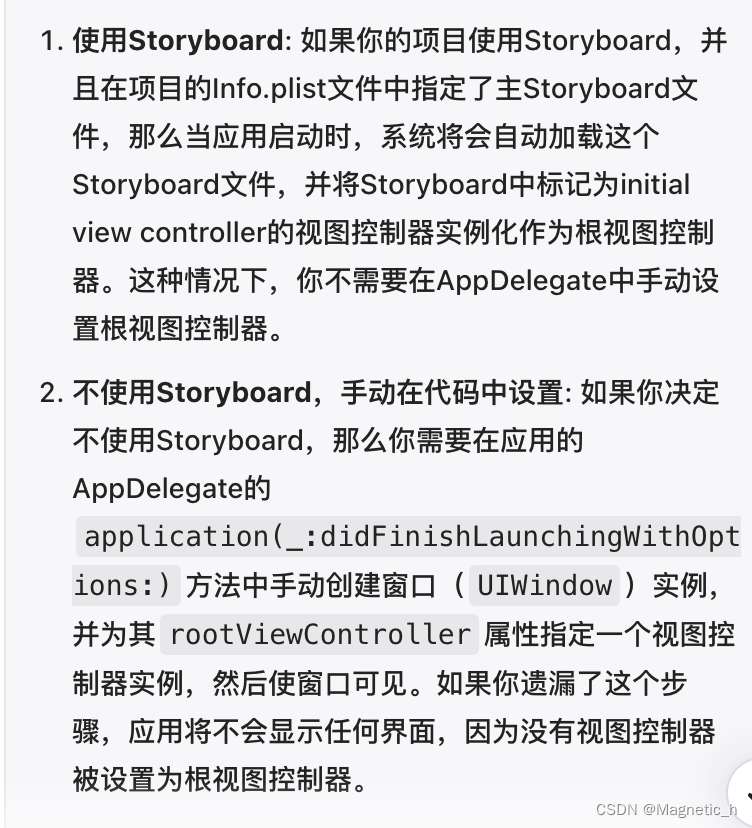
所有的视图控制器都需要自定义来完成,继承于uiviewcontroller
视图控制器提供了许多控制器的基本功能,因为它是所有控制器的基类视图控制器负责创建和管理一组视图,它本身就提供了一个视图,称为该控制器的根视图(view),协调管理数据和视图之间的交互
2.uiviewcontroller的使用
可以通过多个uiviewcontroller来实现不同界面之间的切换。
新建类来创建新的视图控制器uiviewcontroller,并根据各视图控制器之间关系来确定父子类关系
设置好视图控制器后,在对应的视图控制器的实现部分写入操作函数,如touchesbegan表示触碰屏幕即调用
在对应的操作函数中,对对应的视图控制器对象调用presentviewcontroller(显示一个新的视图控制器在界面)、dismissviewcontrolleranimated(使当前视图控制器界面消失掉)等方法进行视图切换操作。
下面用代码来演示一下:
首先新建一个视图控制器类
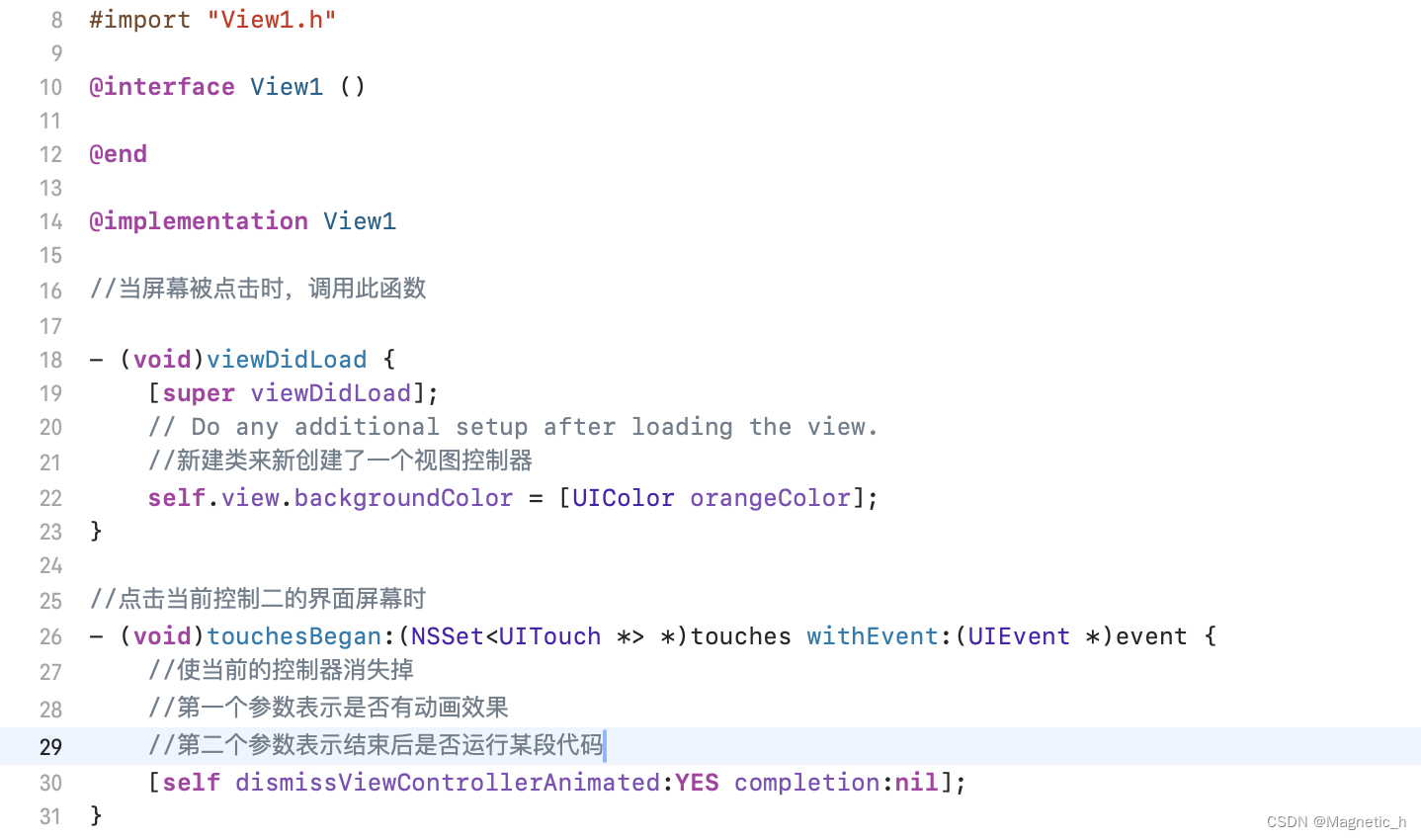
然后在viewcontroller中完成操作函数的实现
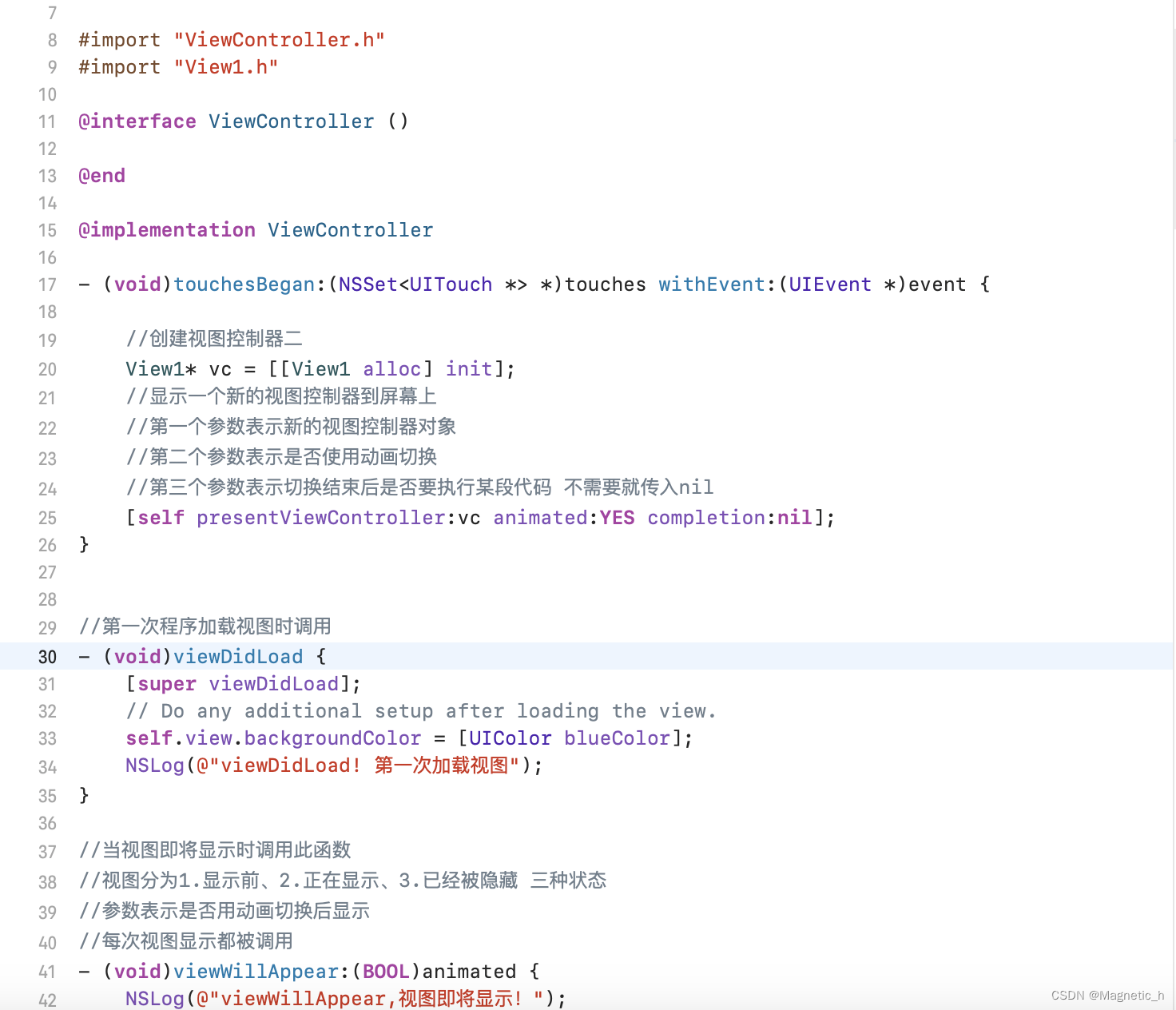
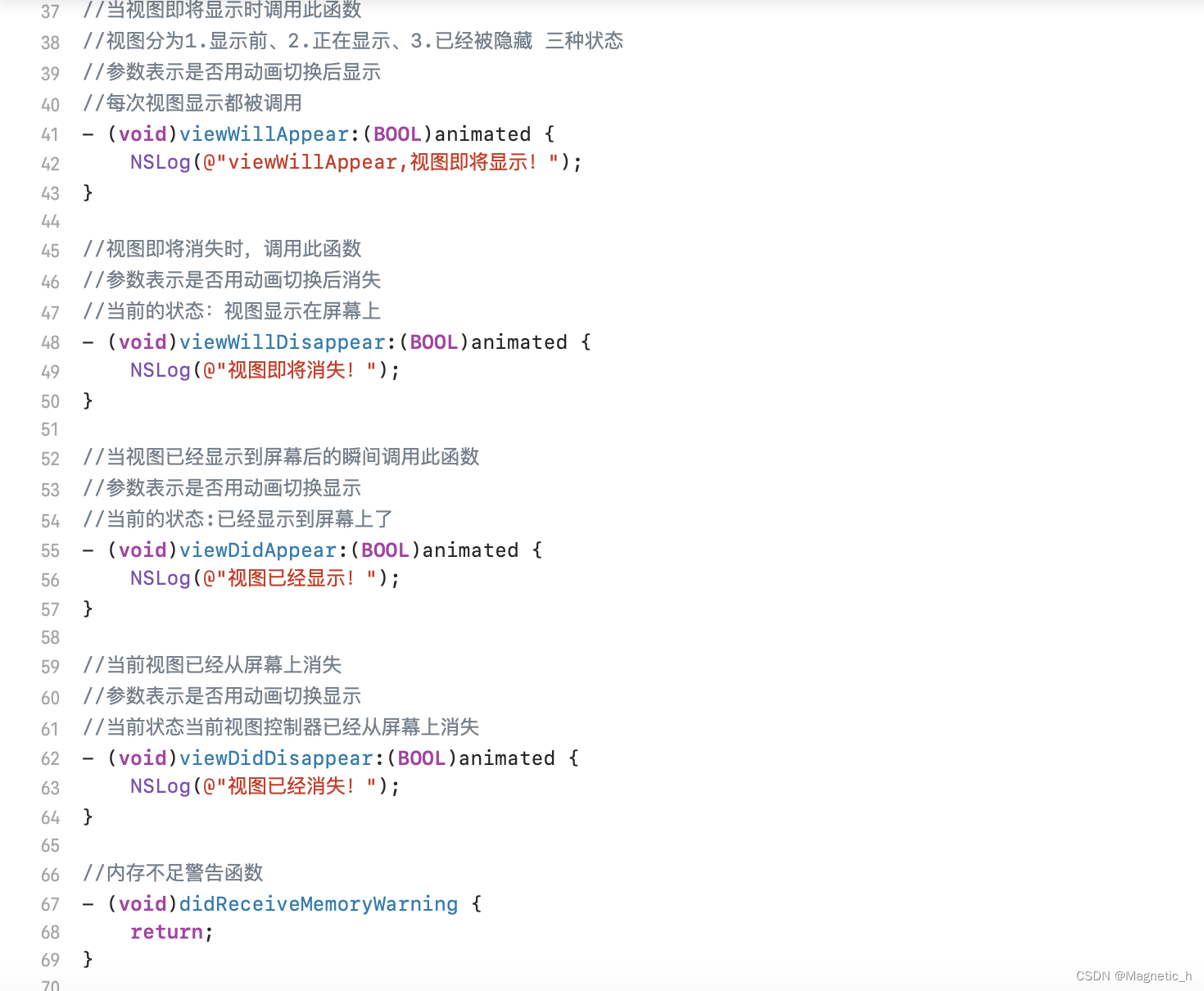
运行的结果如下:
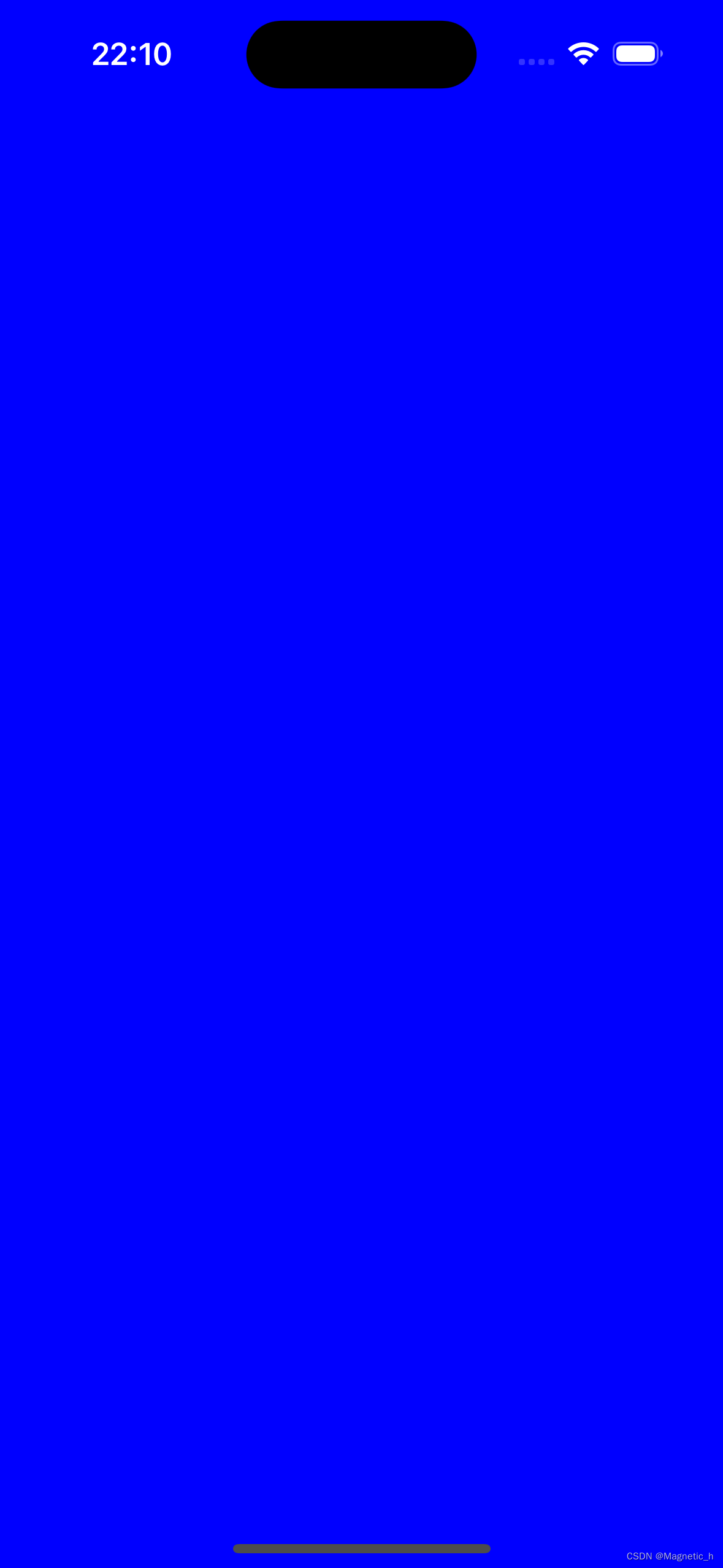
点击后:
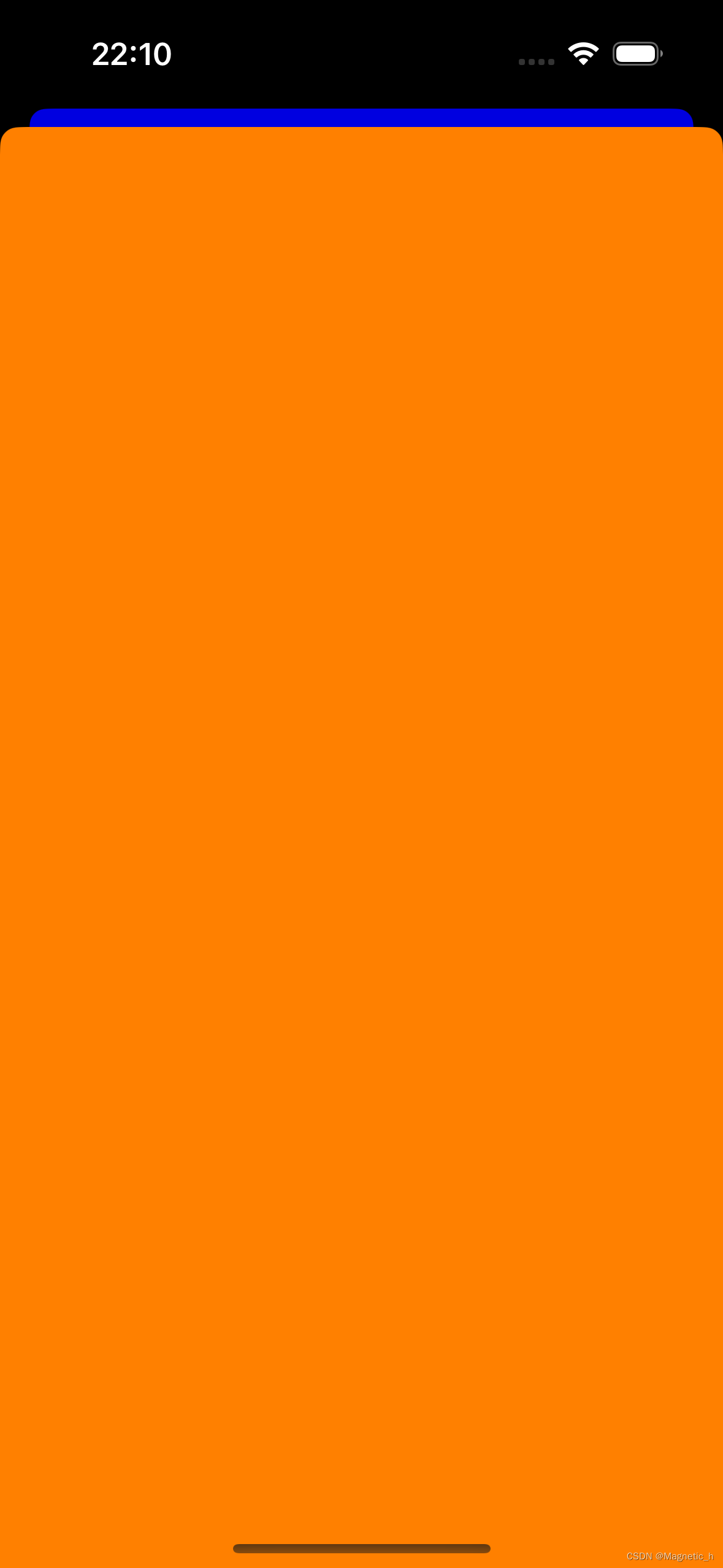
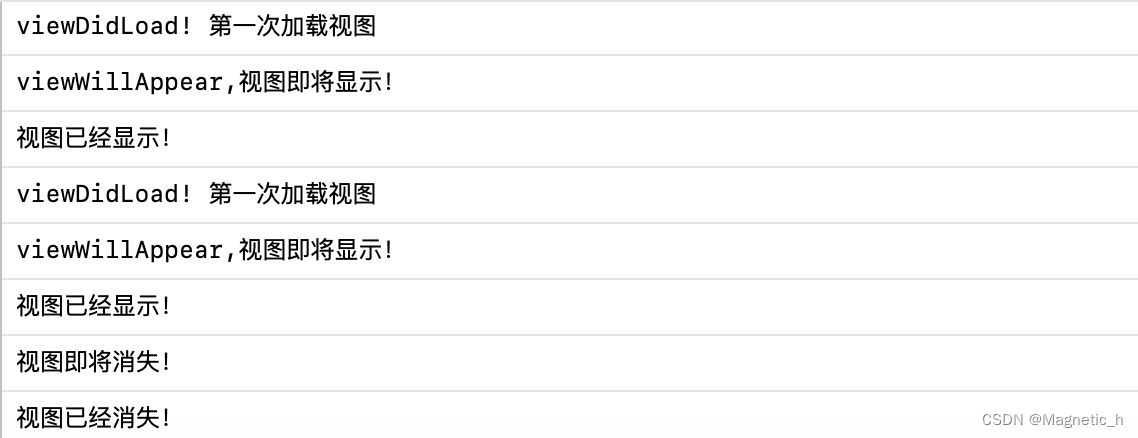
定时器和视图移动
可以在视图控制器中定义一个定时器属性 通过定时器来实现视图连贯的移动
使用如下方法来创建并启动定时器:

接下来用代码来演示一下如何通过定时器来实现视图连贯的移动:
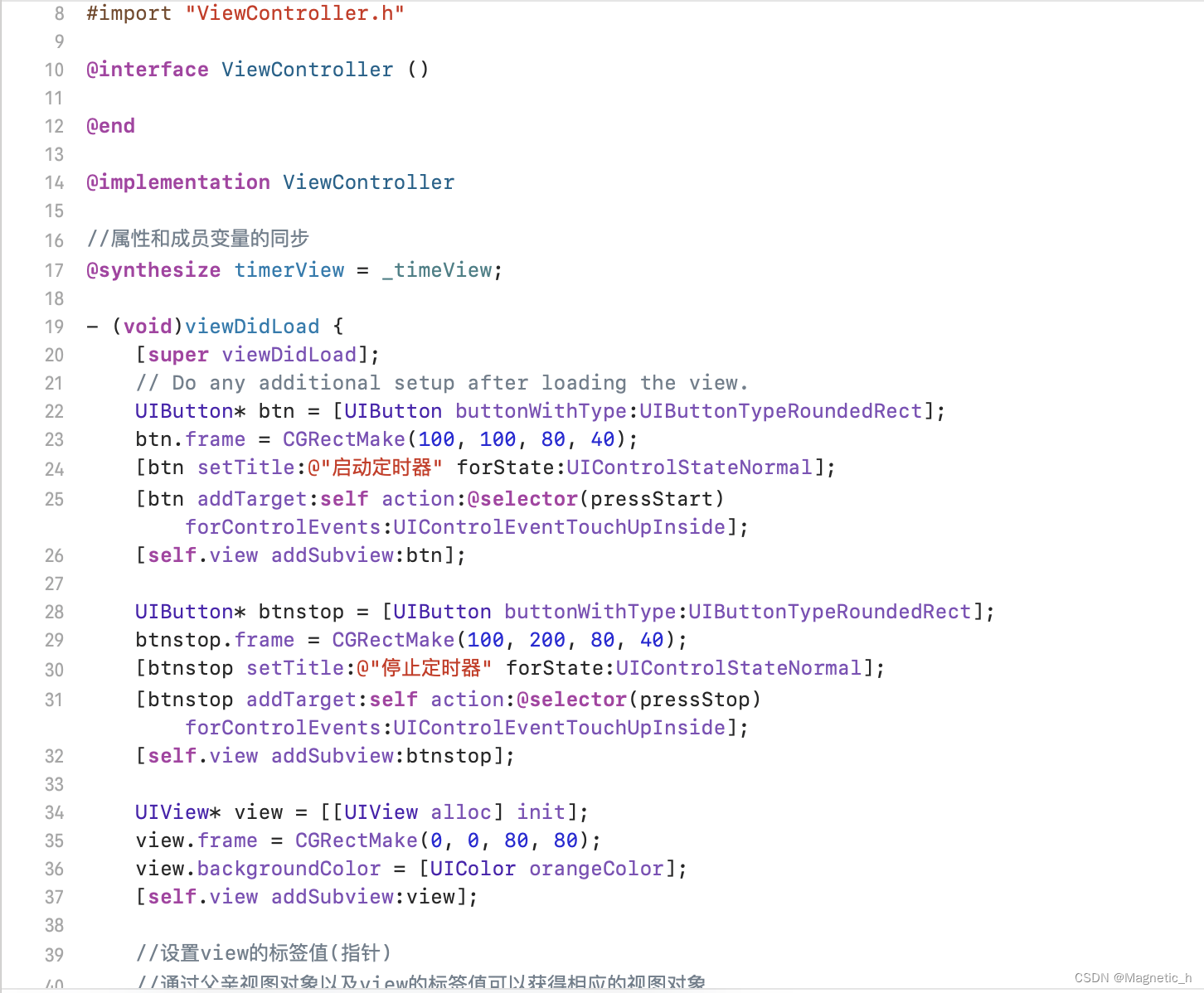
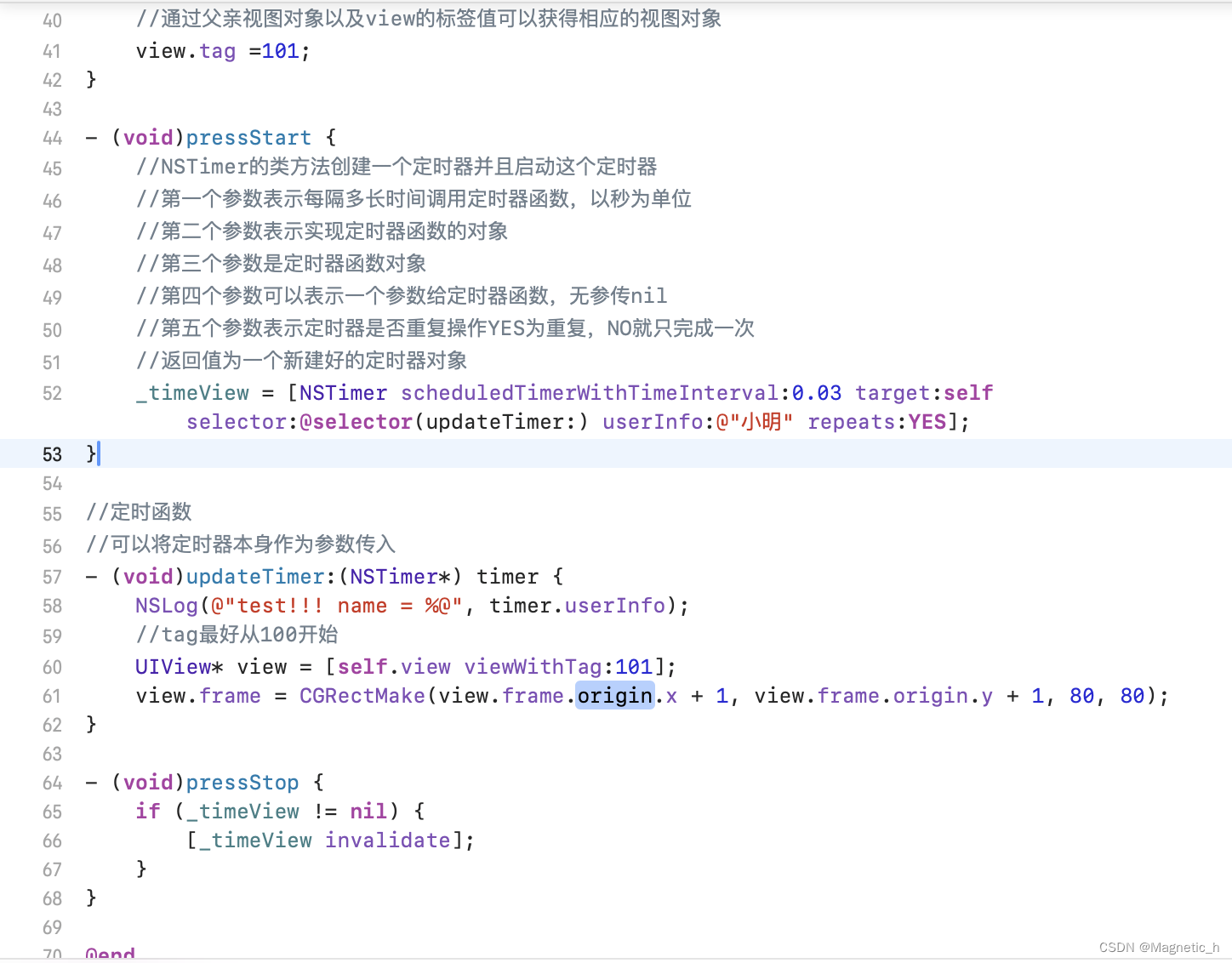
1.这里移动视图时,需要用到视图标签这个属性(可以理解为指针),通过标签来改变视图的frame属性
2.停止定时器时,可以调用invalidate方法
3.视图的移动是通过定时器的方法里的事件函数实现的,也就是说,视图的移动要写在定时器调用的方法的事件函数里
运行结果:
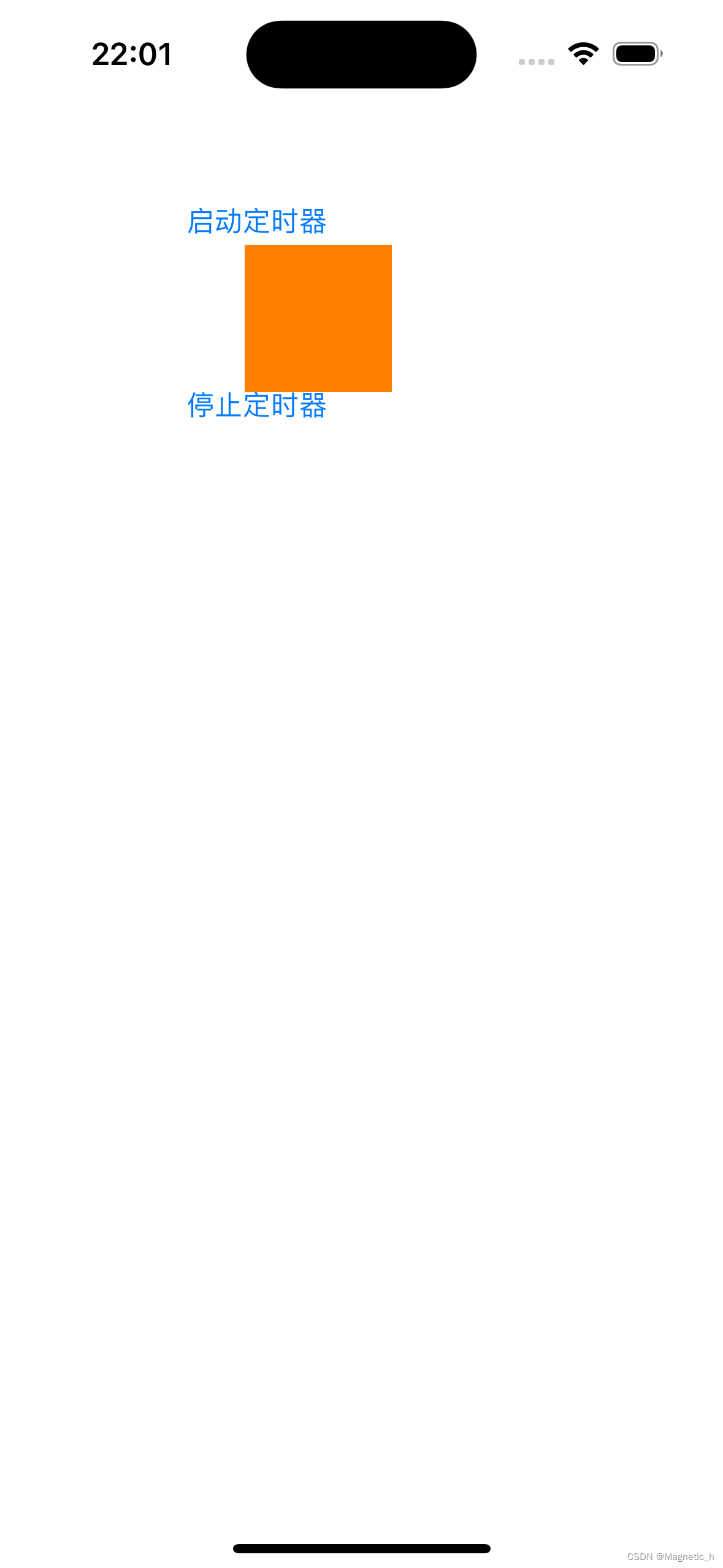
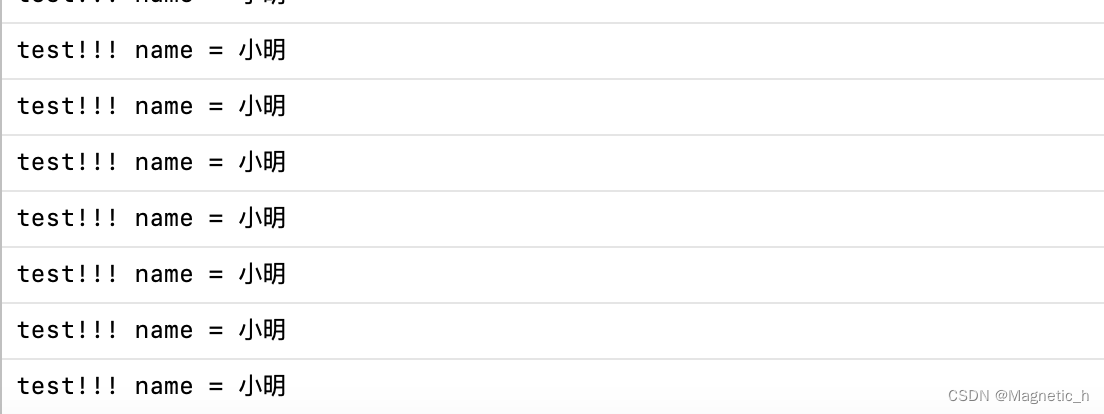
uiswitch控件
uiswitch是一个开关控件,可以切换开、关两种状态,是uikit库里的控件
uiswitch在使用时,可以先在接口部分声明属性,也可以直接在实现部分定义变量
uiswitch只能改变位置不能改变大小
uiswitch添加事件的操作与按钮类似,调用下图方法:

下面用代码来演示一下开关控件的功能与用法:
接口部分:
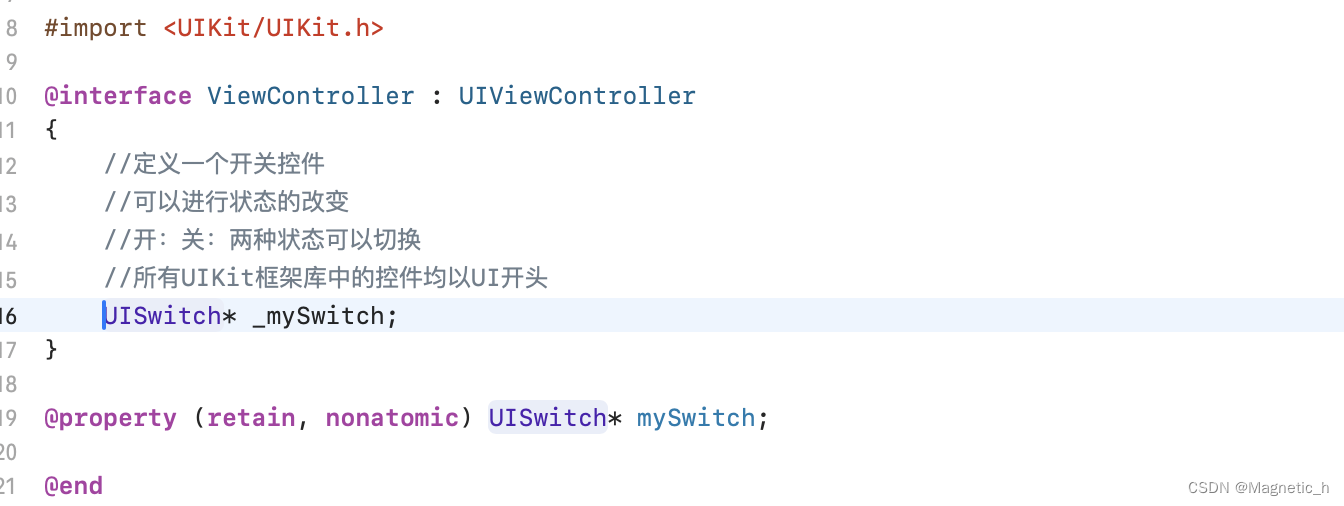
实现部分:
- (void)viewdidload {
[super viewdidload];
// do any additional setup after loading the view.
//创建一个开关控件
//继承于uiview
_myswitch = [[uiswitch alloc] init];
//苹果官方的控件的位置设置
//位置x,y的值可以改变
//宽度和高度值无法改变
_myswitch.frame = cgrectmake(100, 100, 80, 40);
_myswitch.backgroundcolor = [uicolor magentacolor];
//开关状态设置属性
//yes:开启状态
//no:关闭状态
_myswitch.on = yes;
//也可以使用set函数
[_myswitch seton:yes];
//设置开关状态
//第一个参数是状态设置
//第二个参数是是否开启动画效果
[_myswitch seton:yes animated:yes];
[self.view addsubview:_myswitch];
//设置开启状态的风格颜色
[_myswitch setontintcolor: [uicolor cyancolor]];
//设置开关按钮的风格颜色
[_myswitch setthumbtintcolor:[uicolor greencolor]];
//设置整体风格颜色
[_myswitch settintcolor:[uicolor redcolor]];
//(好像没用)
//向开关控件添加事件函数
//第一个参数是函数实现的对象
//第二个参数是函数对象
//第三个参数是事件响应时的事件类型uicontroleventvaluechanged:状态发生变化时触发函数
[_myswitch addtarget:self action:@selector(swchange:) forcontrolevents:uicontroleventvaluechanged];
self.view.backgroundcolor = [uicolor whitecolor];
}
//参数穿入开关对象本身
- (void)swchange:(uiswitch*) sw{
if (sw.on == yes){
nslog(@"开关被打开");
} else {
nslog(@"开关被关闭!");
}
nslog(@"开关状态发生变化!");
}运行结果如下:
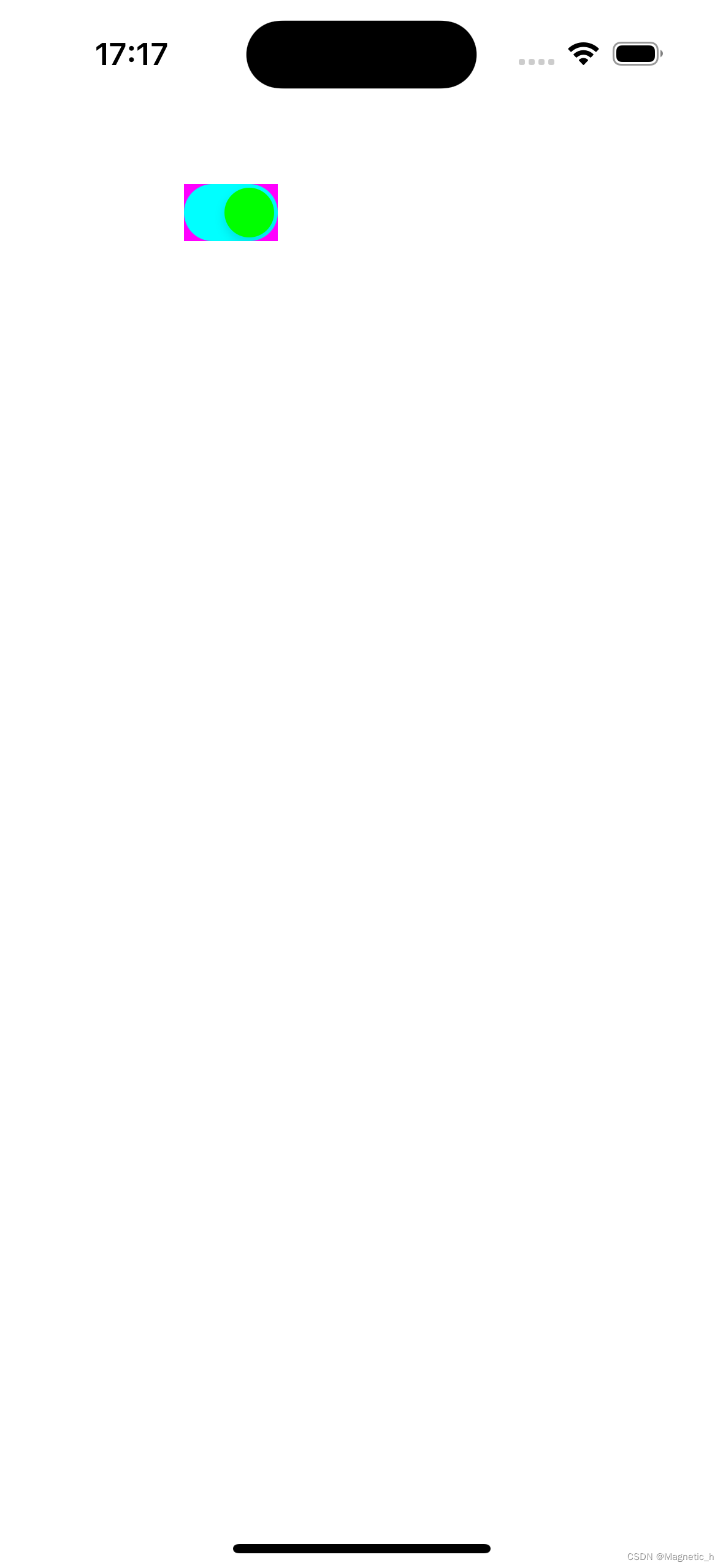
点击后:
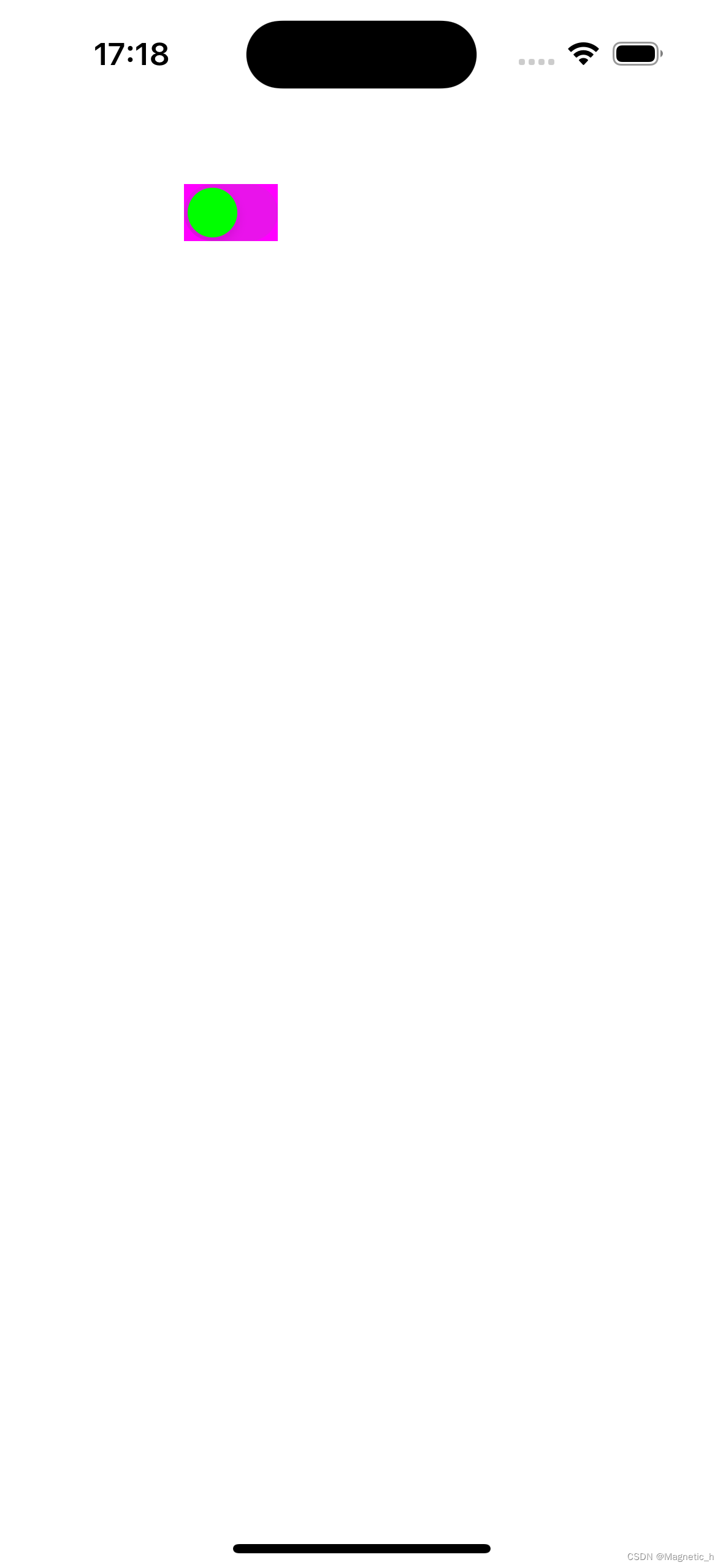

步进器和分栏控件
步进器是一种用来增加或减少固定值的控件,分栏控件是一种用来选择栏目的控件,比如在打车软件中选择价位
下面用代码来演示一下步进器和分栏控件的功能与用法
接口部分:
#import <uikit/uikit.h>
@interface viewcontroller : uiviewcontroller
{
//定义步进器对象
//按照一定的数值来调整某个数据
uistepper* _stepper;
uisegmentedcontrol* _segcontrol;
}
@property (retain, nonatomic) uistepper* stepper;
@property (retain, nonatomic) uisegmentedcontrol* segcontrol;
@end实现部分:
#import "viewcontroller.h"
@interface viewcontroller ()
@end
@implementation viewcontroller
@synthesize stepper = _stepper;
@synthesize segcontrol = _segcontrol;
- (void)viewdidload {
[super viewdidload];
// do any additional setup after loading the view.
//创建步进器对象
_stepper = [[uistepper alloc] init];
//设置位置,宽高不可改变
_stepper.frame = cgrectmake(100, 100, 80, 40);
//设置步进器的最小值
_stepper.minimumvalue = 0;
//设置步进器的当前值,默认为0
_stepper.value = 10;
//设置步进值,每次向前或向后步进的步伐值
_stepper.stepvalue = 1;
//是否可以重复响应时间操作
_stepper.autorepeat = yes;
//是否将步进结果通过事件函数响应出来
_stepper.continuous = no;
//添加一个事件函数
//第一个参数是函数实现体
//第二个参数是函数题
//第三个参数是事件值改变状态
[_stepper addtarget:self action:@selector(stepchange) forcontrolevents:uicontroleventvaluechanged];
[self.view addsubview:_stepper];
//创建分栏控件
_segcontrol = [[uisegmentedcontrol alloc] init];
//设置控件位置,宽度可变,高度不可变
_segcontrol.frame = cgrectmake(10, 200, 300, 40);
//添加一个按钮元素
[_segcontrol insertsegmentwithtitle:@"0元" atindex:0 animated:no];
//第一个参数是按钮选项文字
//第二个参数是按钮的索引位置
//第三个参数是是否有插入的动画效果
[_segcontrol insertsegmentwithtitle:@"5元" atindex:1 animated:no];
[_segcontrol insertsegmentwithtitle:@"10元" atindex:2 animated:no];
//当前按钮默认索引位置
_segcontrol.selectedsegmentindex = 0;
[_segcontrol addtarget:self action:@selector(segchange) forcontrolevents:uicontroleventvaluechanged];
[self.view addsubview:_segcontrol];
}
- (void)segchange {
nslog(@"%ld", _segcontrol.selectedsegmentindex);
}
- (void)stepchange {
nslog(@"step change! value = %f", _stepper.value);
}
@end
效果图:
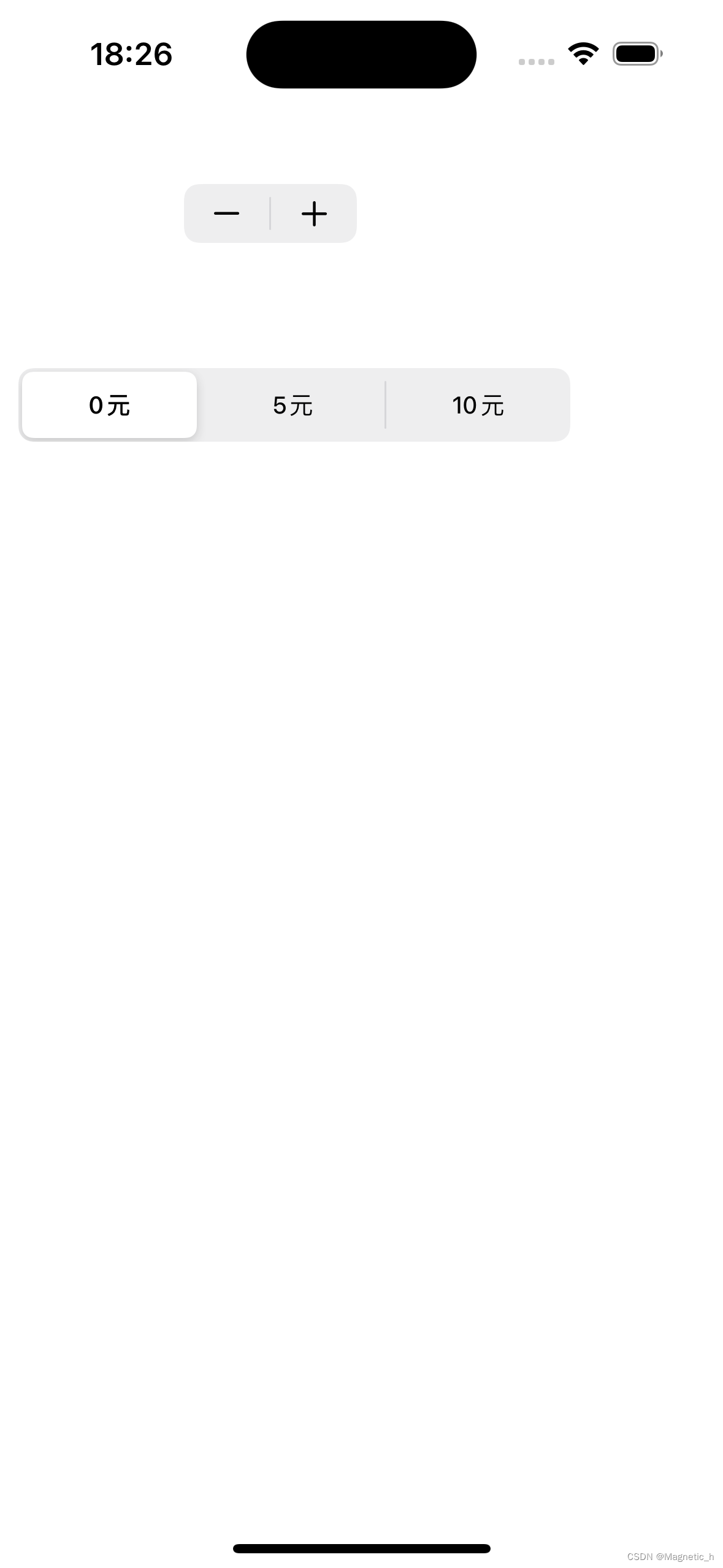
警告对话框和操作表
uialertcontroller有两种形式,一种是警告框,一种是操作表
通过不同的preferredstyle来创建两种控件
- 警告框的是uialertcontrollerstylealert
- 操作表的是uialertcontrollerstyleactionsheet
取消按钮的style的就是uialertactionstylecancel
默认按钮的style就是uialertactionstyledefault
下面用代码演示一下:
#import "viewcontroller.h"
@interface viewcontroller ()
@end
@implementation viewcontroller
@synthesize alertcontroller = _alertcontroller;
@synthesize activityindicatorview = _activityindicatorview;
- (void)viewdidload {
[super viewdidload];
// do any additional setup after loading the view.
for (int i = 0; i < 2; i++) {
uibutton* btn = [uibutton buttonwithtype:uibuttontyperoundedrect];
btn.frame = cgrectmake(100, 100 + 100 * i, 100, 40);
if (i == 0) {
[btn settitle:@"警告对话框" forstate:uicontrolstatenormal];
} else if (i == 1) {
[btn settitle:@"操作表" forstate:uicontrolstatenormal];
}
btn.tag = 101 + i;
[btn addtarget:self action:@selector(pressbtn:) forcontrolevents:uicontroleventtouchupinside];
[self.view addsubview:btn];
}
}
- (void)pressbtn:(uibutton*)btn {
//警告对话框创建
if (btn.tag == 101) {
//创建警告框
uialertcontroller *alertcontroller = [uialertcontroller alertcontrollerwithtitle:@"警告" message:@"手机没电了" preferredstyle:uialertcontrollerstylealert];
//添加操作按钮
uialertaction* action = [uialertaction actionwithtitle:@"确认" style:uialertactionstyledefault handler:^(uialertaction * _nonnull action) {
nslog(@"已确认");
}];
[alertcontroller addaction:action];
//添加取消按钮
uialertaction* cancelaction = [uialertaction actionwithtitle:@"取消" style:uialertactionstylecancel handler:nil];
//将取消按钮添加到我们的警告框中
[alertcontroller addaction:cancelaction];
//在视图控制器中呈现警告框(通过这个方法将其弹出)
[self presentviewcontroller:alertcontroller animated:yes completion:nil];
//这里可以在警告框里添加我们的文本框
[alertcontroller addtextfieldwithconfigurationhandler:^(uitextfield * _nonnull textfield) {
textfield.placeholder = @"请说出你的感受";
}];
} else if (btn.tag == 102) {
//创建操作表
self.alertcontroller = [uialertcontroller alertcontrollerwithtitle:@"操作表" message:@"来做一些操作吧" preferredstyle:uialertcontrollerstyleactionsheet];
//其实alertsheet唯一与警告对话框的区别就是我们的preferredstyle的样式不同
//这里default就是选择默认的选项
uialertaction* action1 = [uialertaction actionwithtitle:@"操作1" style:uialertactionstyledefault handler:^(uialertaction * _nonnull action) {
nslog(@"点击了项目1");
}];
uialertaction* action2 = [uialertaction actionwithtitle:@"操作2" style:uialertactionstyledefault handler:^(uialertaction * _nonnull action) {
nslog(@"点击了项目2");
}];
//创建取消操作
uialertaction* cancel = [uialertaction actionwithtitle:@"取消" style:uialertactionstylecancel handler:^(uialertaction * _nonnull action) {
nslog(@"取消了");
}];
[self.alertcontroller addaction:action1];
[self.alertcontroller addaction:action2];
[self.alertcontroller addaction:cancel];
//注意alertcontroller时viewcontroller的子类 不能直接添加为子视图
[self presentviewcontroller:self.alertcontroller animated:yes completion:nil];
}
}
@end
运行的效果如下:

警告对话框:
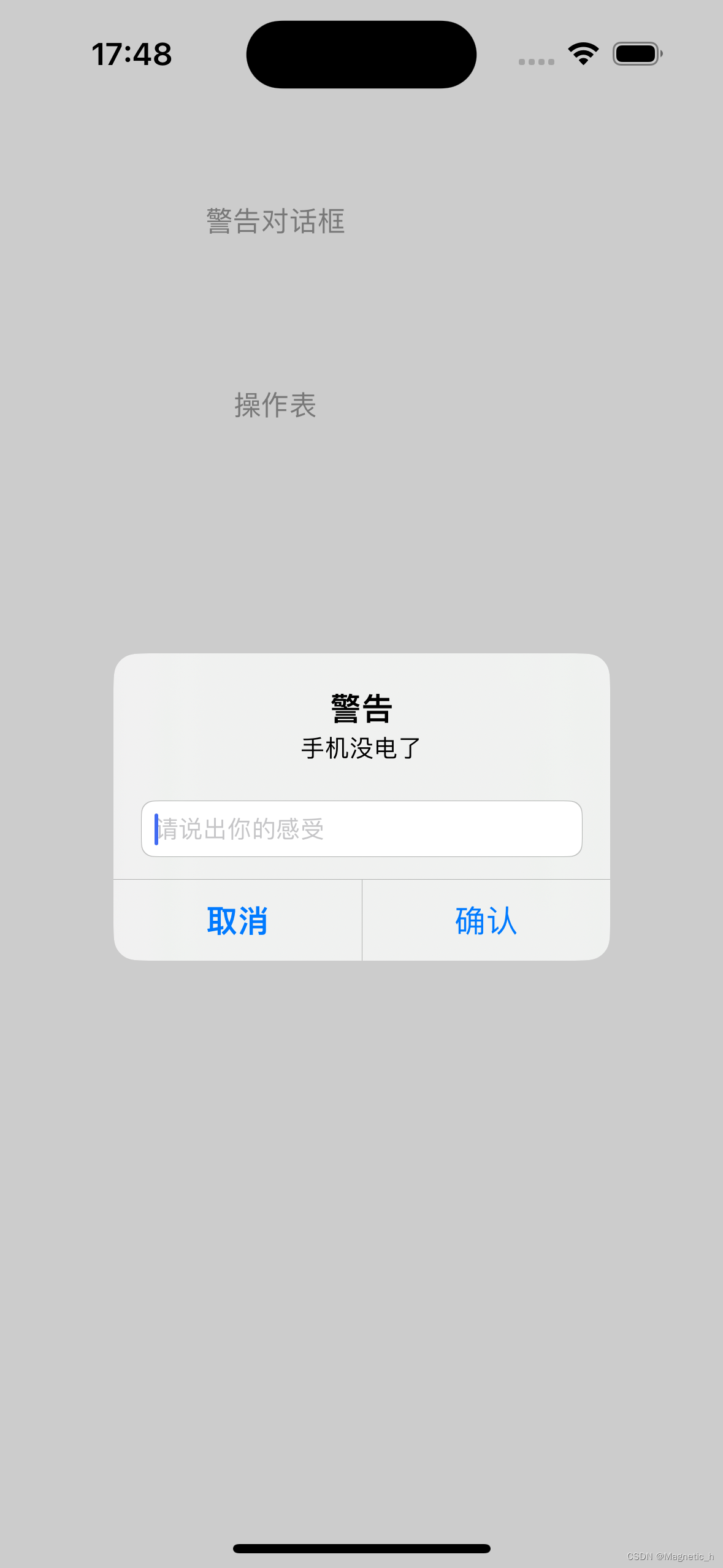
操作表:

uitextfield
textfield是一个文本输入的控件,它用于从键盘上输入文本文字,它有一个特性是只能输入单行的文本,而不能输入或显示多行。
uitextfield是继承于uicontrol的,uicontrol是继承于uiview的。
可以用一个borderstyle选择文本框的四种风格:
1.圆角风格(默认)uitextborderstyleroundedrect;
2.线框风格uitextborderstyleline;
3.bezel线框uitextborderstylebezel;
4.无边框风格uitextborderstylenone;
还可以选择键盘的风格:
1.默认风格uikeyboardtypedefault;
2.字母和数字组合风格uikeyboardtypephonepad;
3.纯数字风格 uikeyboardtypenumberpad;
可以设置输入时视为密码输入,输入时就会将输入的东西转化为星号
可以使用touchesdown点击函数来实现点击空白处收起键盘
uitextfield有一个uitextfielddelegate协议,在声明后可以使用一些协议中的函数
1、- (void) textfielddidbeginediting:在手机键盘弹出的一瞬间开始调用,在这里可以为开始输入时添加动作
2、- (void) textfielddidendediting:在手机键盘收回的一瞬间开始调用,在这里可以为结束输入时添加动作
3、- (bool) textfieldshouldbeginediting:表示是否可以进行输入,返回值为yes的时候可以输入,反之不能输入,默认为yes
4、- (bool) textfieldshouldendediting:表示是否可以结束输入,返回值为yes的时候可以结束,反之不能结束,默认为yes
下面用代码演示一下:
#import "viewcontroller.h"
@interface viewcontroller () <uitextviewdelegate>
@end
@implementation viewcontroller
@synthesize textfield = _textfield;
- (void)viewdidload {
[super viewdidload];
// do any additional setup after loading the view.
self.textfield = [[uitextfield alloc] init];
self.textfield.frame = cgrectmake(100, 100, 100, 40);
//设置内容文字
self.textfield.text = @"用户名";
self.textfield.font = [uifont systemfontofsize:15];
self.textfield.textcolor = [uicolor orangecolor];
//设置边框风格
//uitextborderstyleroundedrect:圆角风格
//uitextborderstyleline:线框风格
//uitextborderstylebezel:bezel:bezel线框
//uitextborderstylenone:无边框风格
//默认为圆角风格
self.textfield.borderstyle = uitextborderstyleroundedrect;
//设置虚拟键盘风格
//uikeyboardtypedefault:默认风格
//uikeyboardtypenamephonepad:字母和数字组合的风格
//uikeyboardtypenumberpad:纯数字风格
self.textfield.keyboardtype = uikeyboardtypedefault;
//提示文字信息
//当text属性为空,显示此条信息
//浅灰色提示文字
self.textfield.placeholder = @"请输入用户名...";
//是否作为密码输入
//yes:作为密码处理,圆点加密
//no:显示输入的文字
self.textfield.securetextentry = no;
[self.view addsubview:self.textfield];
}
- (void) textviewdidbeginediting:(uitextview *)textview {
nslog(@"开始编辑了!");
}
- (void) textviewdidendediting:(uitextview *)textview {
self.textfield.placeholder = @"";
nslog(@"编辑输入结束!");
}
//是否可以进行输入
//如果返回值为yes,可以进行输入,默认为yes
//no:不能输入文字
- (bool) textviewshouldbeginediting:(uitextview *)textview {
return yes;
}
//是否可以结束输入
//如果返回值为yes,可以结束输入,默认为yes
//no:不能结束输入文字
- (bool) textviewshouldendediting:(uitextview *)textview {
return yes;
}
//点击屏幕空白处调用此函数
- (void)touchesbegan:(nsset<uitouch *> *)touches withevent:(uievent *)event {
//使虚拟键盘回收,不再作为第一消息响应
[self.textfield resignfirstresponder];
}
@end
运行结果:
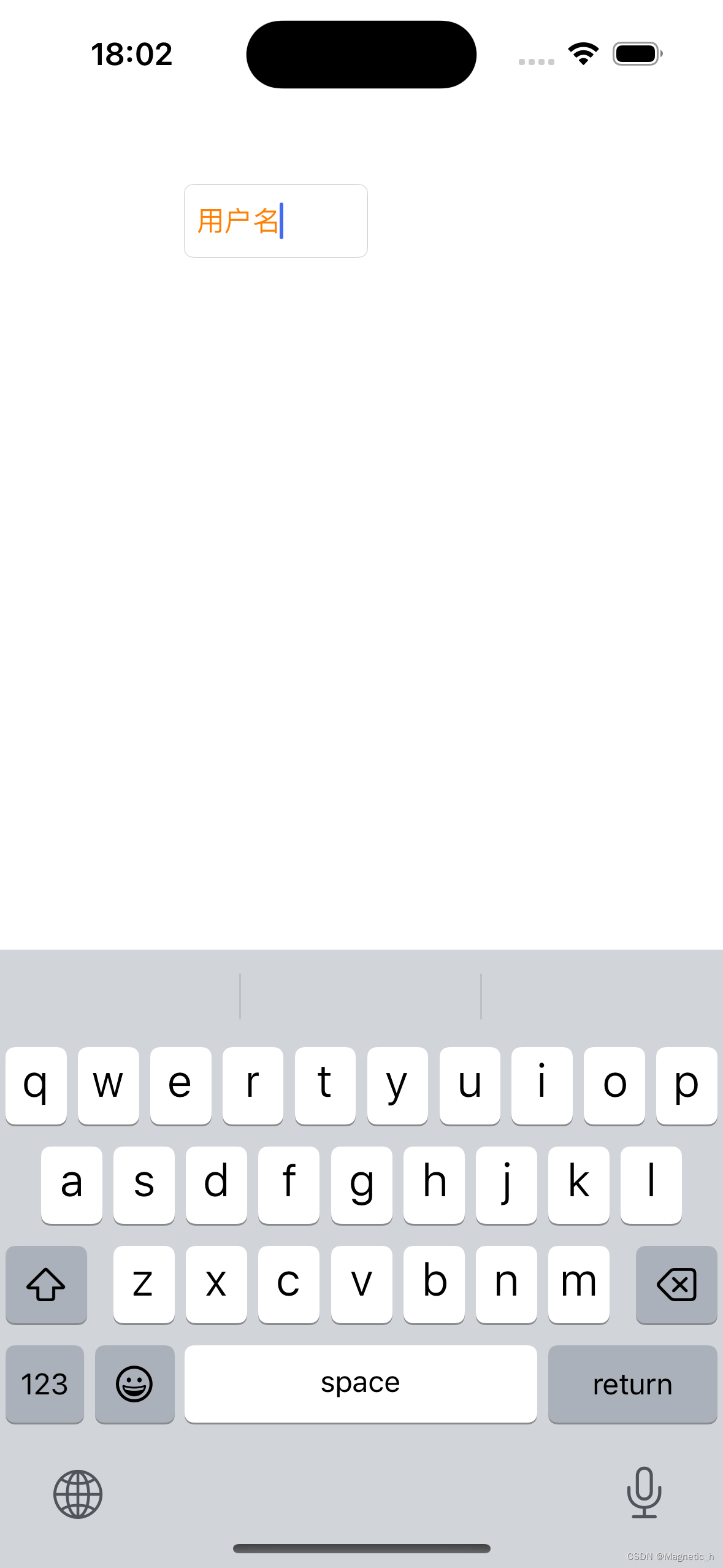
uiscrollview基础
uiscrollview就是一个可以滚动的视图,比如说微信的聊天界面,就是一种uiscrollviewde的应用
用代码来演示一下滚动视图的功能和用法:
#import "viewcontroller.h"
@interface viewcontroller ()
@end
@implementation viewcontroller
- (void)viewdidload {
[super viewdidload];
// do any additional setup after loading the view.
//定义并创建一个滚动视图
//可以对视图内容进行滚屏查看功能
uiscrollview* sv = [[uiscrollview alloc] init];
//设置滚动视图的位置,使用矩形来定位视图位置
sv.frame = cgrectmake(0, 0, 320, 576);
//是否按照整页来滚动
sv.pagingenabled = no;
//是否可以开启滚动效果
sv.scrollenabled = yes;
//设置画布的大小,显示在滚动视图内部,一般大雨frame的大小
sv.contentsize = cgsizemake(320 * 5, 576);
//是否可以边缘弹动效果
sv.bounces = yes;
//开启横向弹动效果
sv.alwaysbouncevertical = yes;
//开启纵向弹动效果
sv.alwaysbouncehorizontal = yes;
//显示横向滚动条
sv.showshorizontalscrollindicator = yes;
//显示纵向滚动条
sv.showshorizontalscrollindicator = yes;
//设置背景颜色
sv.backgroundcolor = [uicolor yellowcolor];
for(int i = 0; i < 5; i++) {
nsstring* strname = [nsstring stringwithformat:@"%d.jpg",i + 1];
uiimage* image = [uiimage imagenamed:strname];
uiimageview* iview = [[uiimageview alloc] initwithimage:image];
iview.frame = cgrectmake(320 * i, 0, 320, 576);
[sv addsubview: iview];
}
[self.view addsubview:sv];
}
@end
运行结果如下:

滚动视图的高级功能
滚动视图有一个叫做uiscrollviewdelegate,如同文本框的协议,我们在声明滚动视图的协议后,可以调用里面的一些函数
#import "viewcontroller.h"
@interface viewcontroller ()
@end
@implementation viewcontroller
- (void)viewdidload {
[super viewdidload];
// do any additional setup after loading the view.
//创建滚动视图
_scrollview = [[uiscrollview alloc] init];
//设置位置
_scrollview.frame = cgrectmake(10, 50, 300, 400);
//设置背景颜色
_scrollview.backgroundcolor = [uicolor redcolor];
//取消弹动效果
_scrollview.bounces = no;
//是否允许通过点击屏幕让滚动视图响应事件
//yes:滚动视图可以接受触碰事件
//no:不接受触屏事件
//_scrollview.userinteractionenabled = no;
//设置画布大小,纵向效果
_scrollview.contentsize = cgsizemake(300, 400 * 9);
for (int i = 0; i < 9; i++) {
nsstring* strname = [nsstring stringwithformat:@"%d.jpg",i + 1];
uiimage* image = [uiimage imagenamed:strname];
//创建图像视图对象
uiimageview* iview = [[uiimageview alloc] init];
//图像赋值
iview.image = image;
//设置图像视图在滚动视图画布中的位置
iview.frame = cgrectmake(0, 400 * i, 300, 400);
[_scrollview addsubview:iview];
}
[self.view addsubview:_scrollview];
//取消按页滚动效果
_scrollview.pagingenabled = no;
//滚动视图画布的移动位置,也就是偏移位置
//功能是决定画布现实的最终图像结果
_scrollview.contentoffset = cgpointmake(0, 0);
//将当前视图控制器作为代理对象
_scrollview.delegate = self;
}
//当滚动视图移动时,只要offset坐标发生变化,就会调用此函数
//参数是调用此协议的滚动视图对象
//可以使用此函数来监控滚动视图的位置
- (void)scrollviewdidscroll:(uiscrollview *)scrollview {
nslog(@"y = %f", scrollview.contentoffset.y);
}
//当滚动视图结束拖动时调用此函数
- (void)scrollviewdidenddragging:(uiscrollview *)scrollview willdecelerate:(bool)decelerate{
nslog(@"did end drag");
}
//当滚动视图即将开始被拖动时
- (void)scrollviewwillbegindragging:(uiscrollview *)scrollview {
nslog(@"willbegindrag!");
}
//当滚动视图即将结束拖动时调用
- (void)scrollviewwillenddragging:(uiscrollview *)scrollview withvelocity:(cgpoint)velocity targetcontentoffset:(inout cgpoint *)targetcontentoffset {
nslog(@"即将结束拖动");
}
//视图即将减速时调用
- (void)scrollviewwillbegindecelerating:(uiscrollview *)scrollview {
nslog(@"will begin decelerating");
}
//视图停止的瞬间调用
- (void)scrollviewdidenddecelerating:(uiscrollview *)scrollview {
nslog(@"视图停止移动!");
}
@end
运行效果如下:
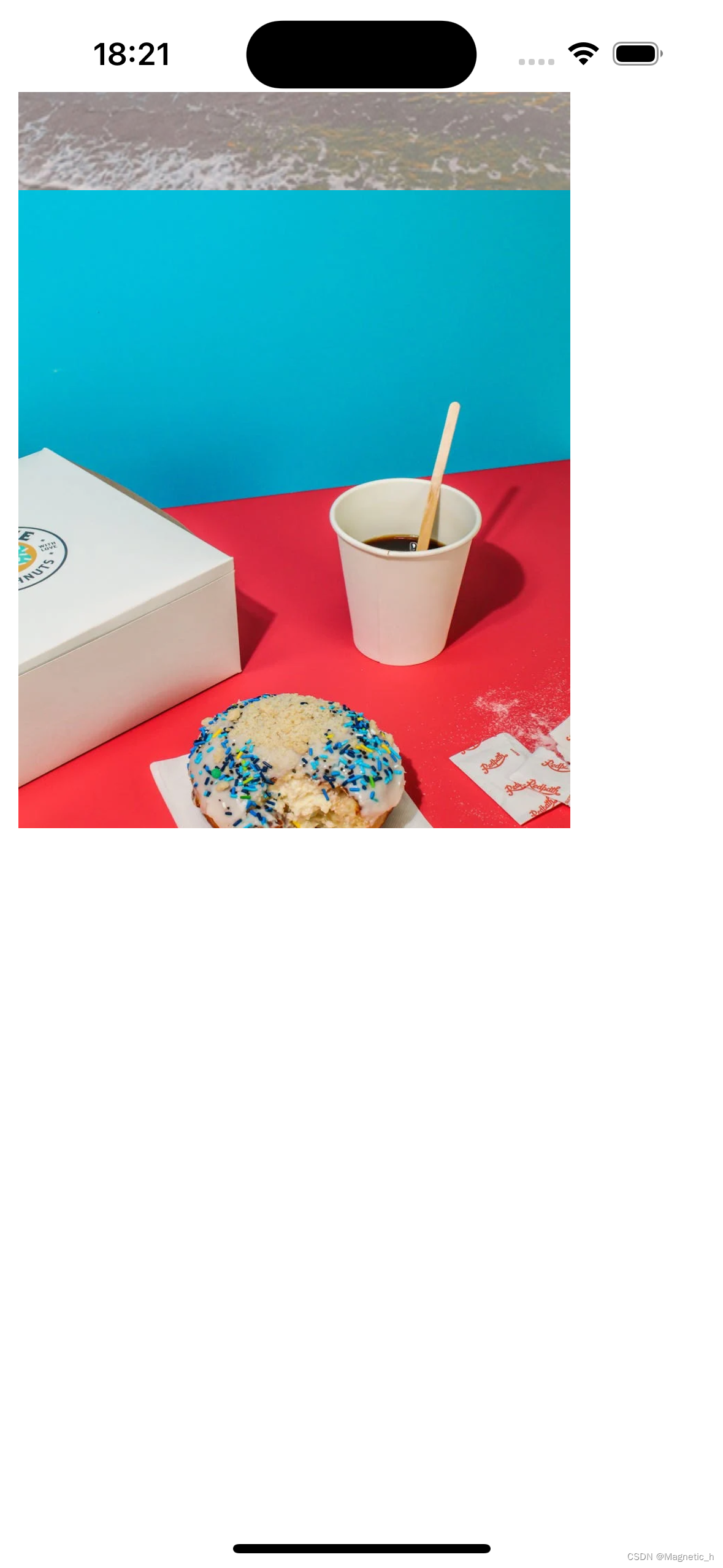




发表评论